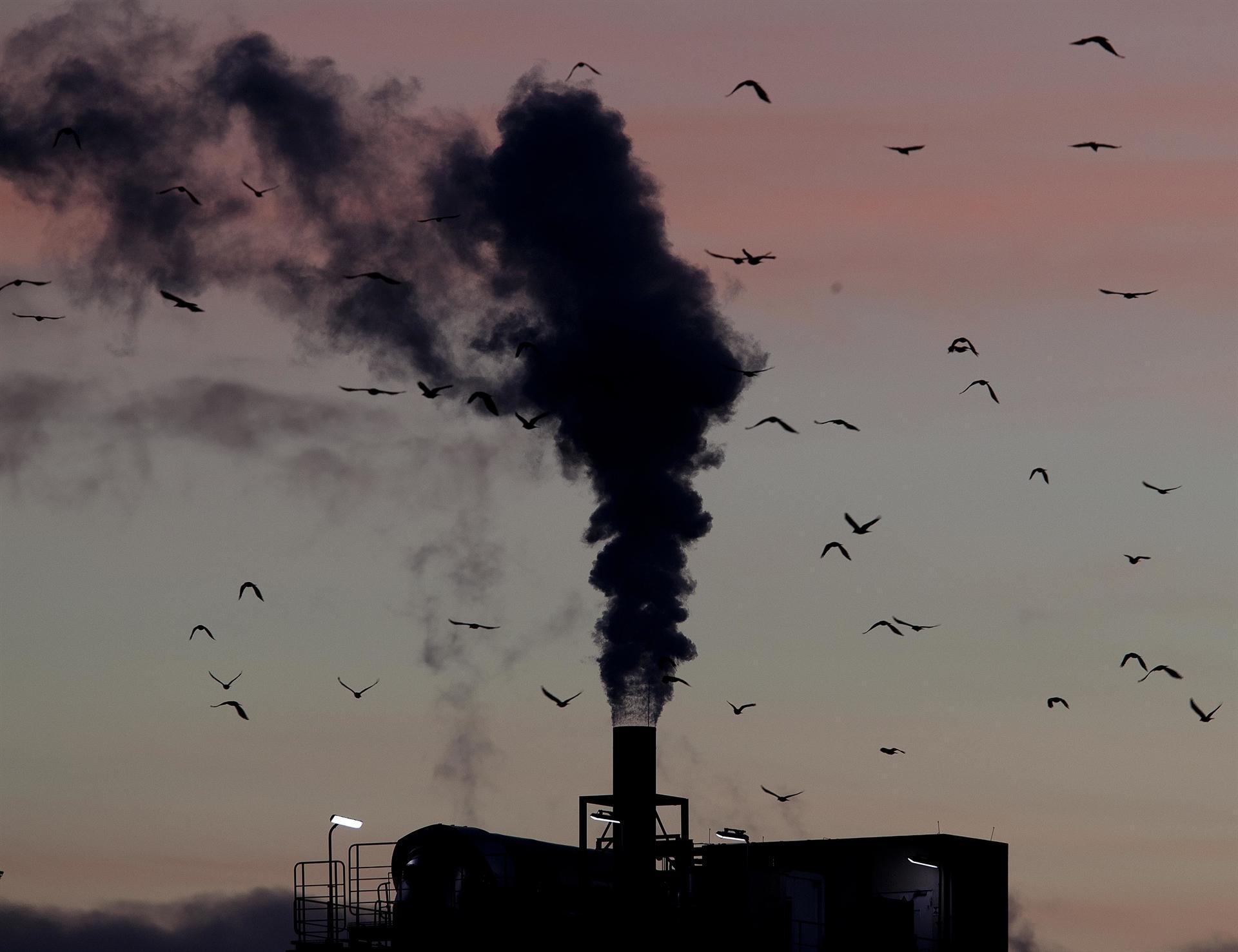Scientists warn a million species at risk of extinction
PARIS - Reuters

Relentless pursuit of economic growth, twinned with the impact of climate change, has put an "unprecedented" one million species at risk of extinction, scientists said on May 6 in a landmark report on the damage done by modern civilization to the natural world.
Only a wide-ranging transformation of the global economic and financial system could pull ecosystems that are vital to the future of human communities worldwide back from the brink of collapse, concluded the report, which was endorsed by 130 countries, including the United States, Russia and China.
"The essential, interconnected web of life on Earth is getting smaller and increasingly frayed," said Professor Josef Settele, who co-chaired the study, launched in Paris on Monday by the Intergovernmental Science-Policy Platform on Biodiversity and Ecosystem Services (IPBES).
"This loss is a direct result of human activity and constitutes a direct threat to human well-being in all regions of the world."
Compiled by 145 expert authors from 50 countries, the study is a cornerstone of an emerging body of research that suggests the world may need to embrace a new "post-growth" form of economics if it is to avert the existential risks posed by the mutually-reinforcing consequences of pollution, habitat destruction and carbon emissions.
Known as the Global Assessment, the report found that up to one million of Earth's estimated eight million plant, insect and animal species is at risk of extinction, many within decades.
The authors identified industrial farming and fishing as major drivers - with the current rate of species extinction tens to hundreds of times higher than the average over the last 10 million years.
Climate change caused by burning the coal, oil and gas produced by the fossil fuel industry is exacerbating the losses, the report found.
Combining wide-ranging disciplines to measure how the loss of the natural world affects human societies, the report identified a range of risks, from the disappearance of insects vital for pollinating food crops, to the destruction of coral reefs that support fish populations that sustain coastal communities, or the loss of medicinal plants.
The report found that the average abundance of native species in most major land-based habitats has fallen by at least 20 percent, mostly since 1900.
The threatened list includes more than 40 percent of amphibian species, almost 33 percent of reef-forming corals, and more than a third of all marine mammals. The picture was less clear for insect species, but a tentative estimate suggests 10 per cent are at risk of extinction.
















